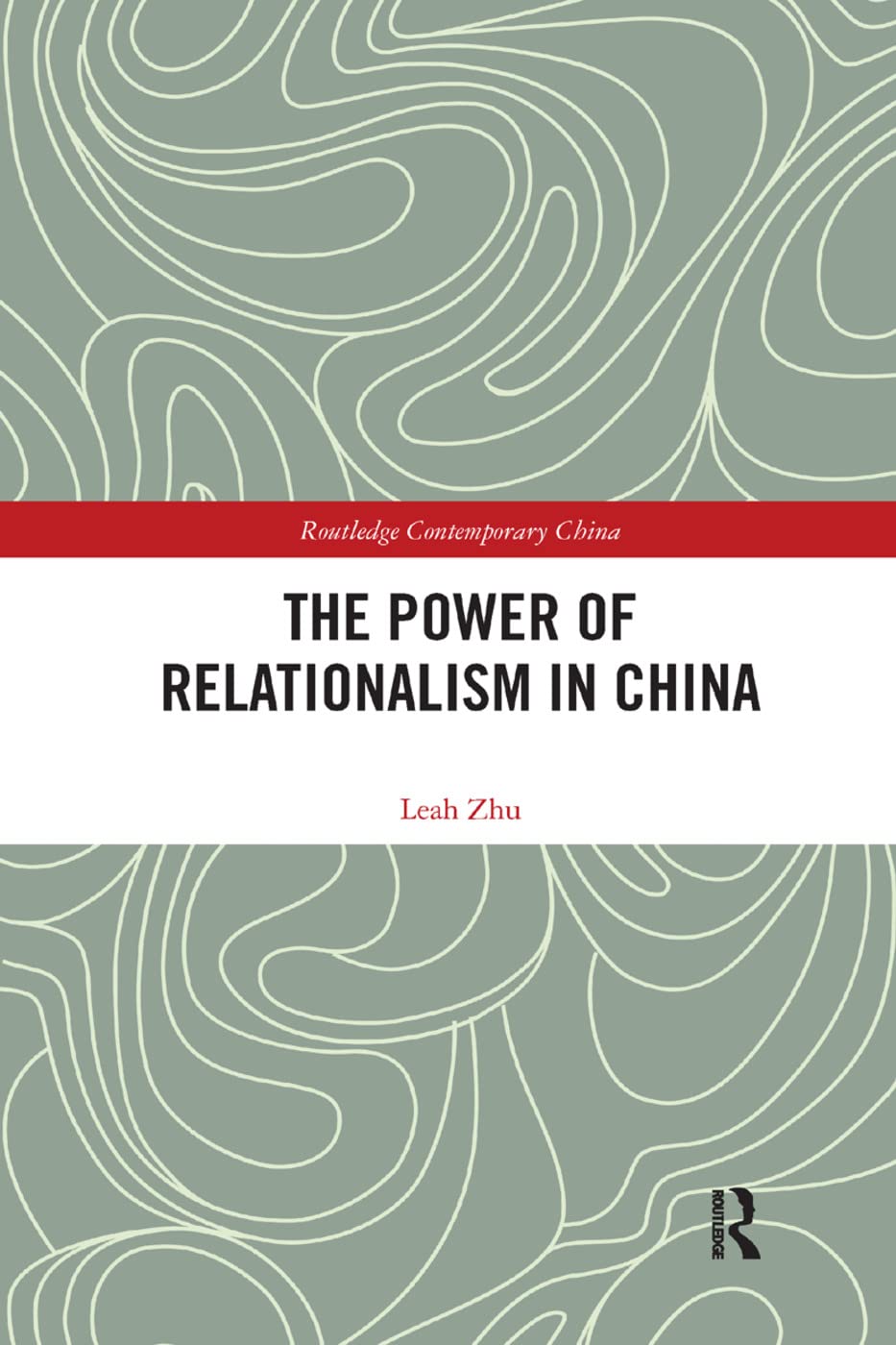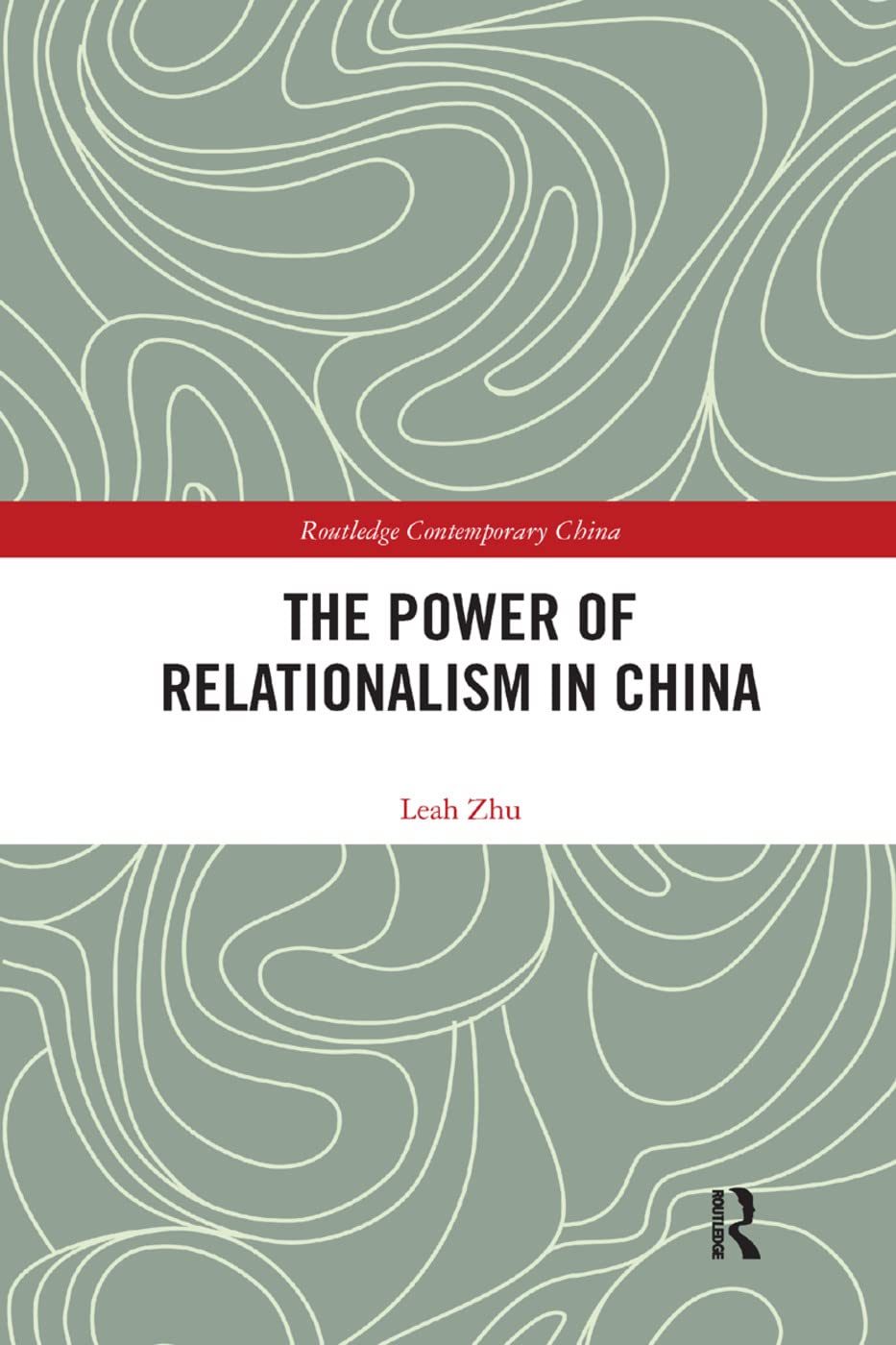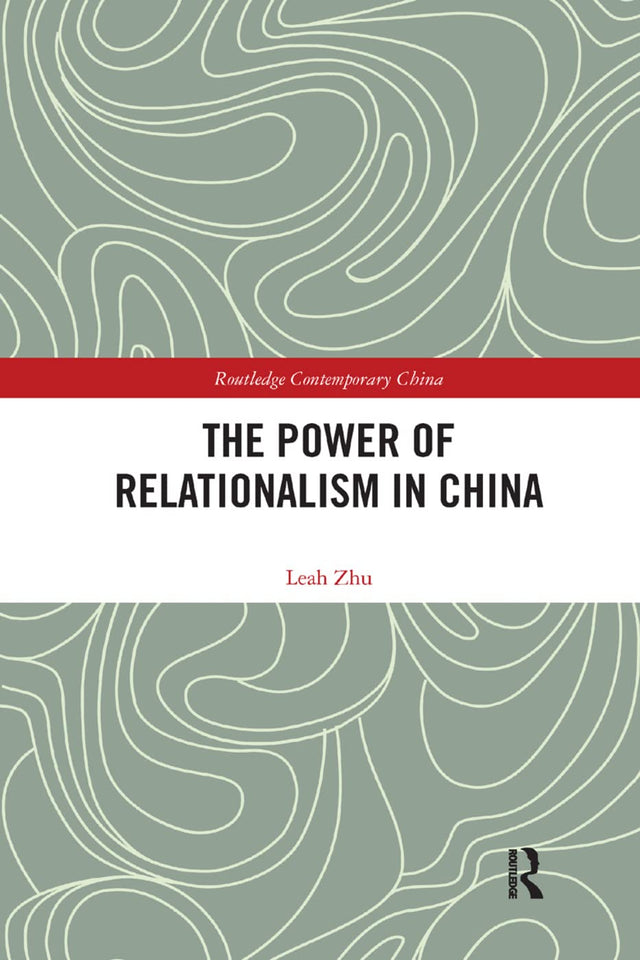The Power of Relationalism in China
The Power of Relationalism in China is backordered and will ship as soon as it is back in stock.
Couldn't load pickup availability
Genuine Products Guarantee
Genuine Products Guarantee
We guarantee 100% genuine products, and if proven otherwise, we will compensate you with 10 times the product's cost.
Delivery and Shipping
Delivery and Shipping
Products are generally ready for dispatch within 1 day and typically reach you in 3 to 5 days.
Book Details
-
Author: Leah Zhu
-
Publisher: Routledge
-
Language: English
-
Edition: 1
-
ISBN: 9780367356002
-
Pages: 230
-
Cover: Paperback
-
Dimensions: 9.2 x 6.1 x 0.6 inches
-
Weight: Not provided
About the Book
In the 21st century, China has risen to global prominence, yet it remains a subject of confusion and misunderstanding for many around the world. Much of this confusion, according to Leah Zhu, stems from a longstanding misconception that sees China through the lens of 'collectivism', a concept deeply rooted in the Maoist era. This book challenges that perspective, offering a new framework for understanding the true nature of Chinese culture and its evolution over millennia.
At the heart of Zhu's analysis is the concept of 'relationalism,' a principle that has been central to Chinese culture long before and after the Maoist period. Through a thorough examination of China's political, sociological, psychological, and diplomatic landscape, this book demonstrates how relationalism has shaped contemporary Chinese beliefs and practices, influencing everything from governance to interpersonal relations.
Drawing on a rich history that spans thousands of years, Relationalism in China offers a fresh lens through which to view the country’s past and present. It provides a compelling analysis of China’s political, economic, and judiciary reforms, revealing the underlying cultural principles that drive them. Zhu’s work not only sheds light on the complexities of China’s internal dynamics but also provides a vital tool for understanding its role on the global stage.
This book is essential reading for students, scholars, and researchers in the fields of Chinese culture, politics, and society, as well as for social scientists and sociologists interested in understanding the broader implications of relationalism in contemporary China.





